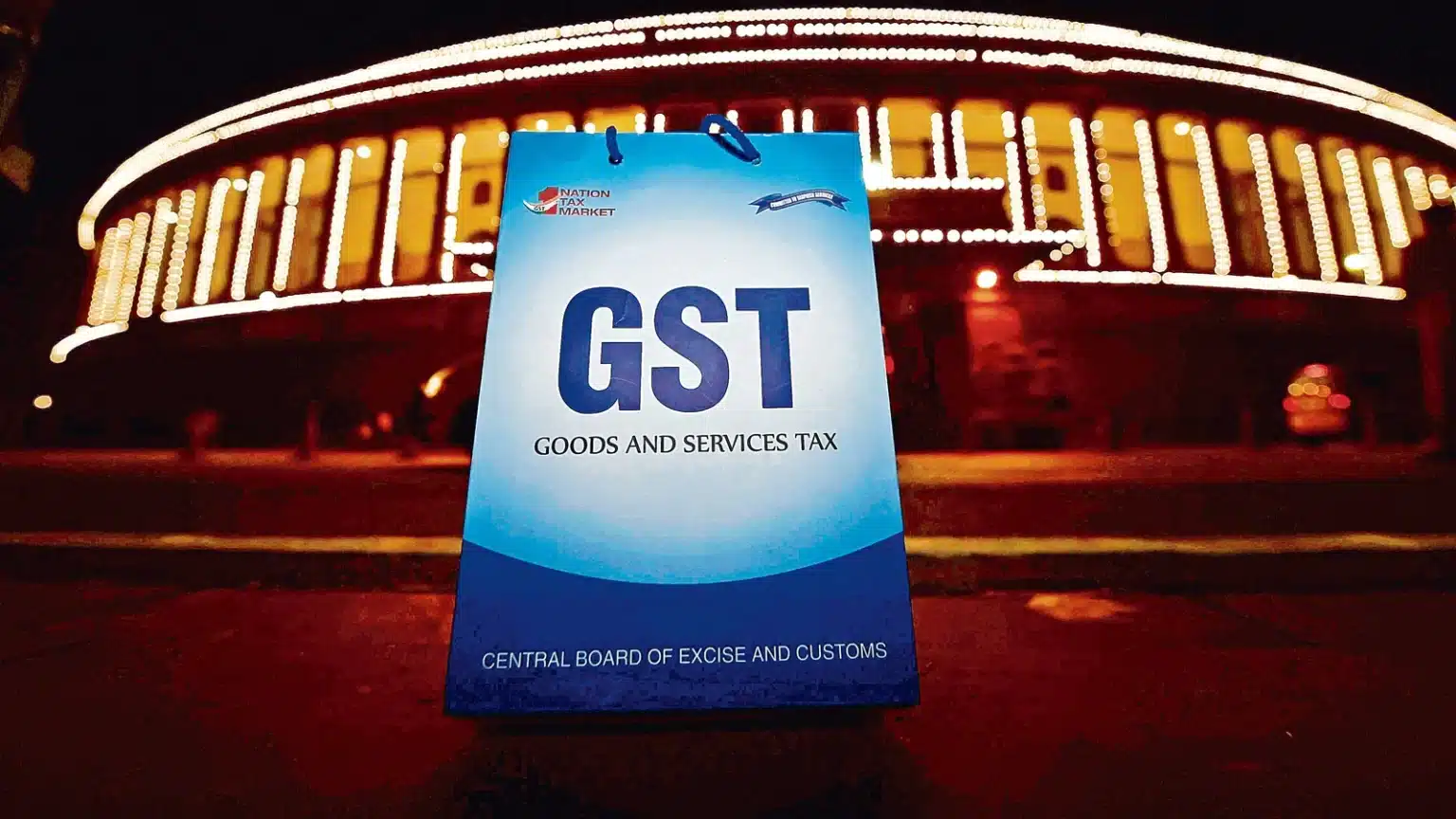On December 17, 2022, the 48th GST Council convened virtually in New Delhi, presided over by Smt. Nirmala Sitharaman, Union Minister for Finance & Corporate Affairs. Shri Pankaj Choudhary, the Union Minister of State for Finance, the Finance Ministers of the States and UTs (with legislatures), and senior officials from the Ministry of Finance and the States and UTs also attended the meeting.

The council chose to shorten its meeting after certain State ministers cited “other committed business” and asked that it be ended at around 1.30 p.m. The council had previously met six months earlier, presided over by Union Finance Minister Nirmala Sitharaman.
In order to prevent controversies, the Goods and Services Tax (GST) Council clarified tax rules on a variety of goods on Saturday, from fryums to SUVs. The legalization of three different offences was suggested by the GST Council. Despite being one of the key topics on the agenda for the Council meeting, no decision was made regarding the taxing of tobacco and gutka.
According to the press release, the offences which are no longer liable to be punishable included obstructing or impeding any official in the performance of his responsibilities, deliberately tampering with material evidence, and failure to deliver the information.
Highlights of GST Council Meet
Eight of the 15 items on the agenda were taken up and passed by the Council, including the decision to remove the 5% GST tax on pulse husk including chilka, churi, khanda, elements used in cow feed; and to lower the tax on ethyl alcohol, which refineries use to mix with gasoline, from 18% to 5%.
The Council has decided to change the range of the compounding amount from the current 50-150 percent of the tax amount to 25-100 percent for certain offences. Additionally, it increased the bar for filing a lawsuit from Rs. 1 crore to Rs. 2 crore in another significant judgement. However, Revenue Secretary Sanjay Malhotra indicated that it would take time to execute these changes. The Center would include them in the Finance Bill of 2024–2024 while the States would need to update their own GST laws.

According to Sitharaman, the Council has made it clear what comprises an SUV and attracts the tax applicable to such kinds of vehicles. The increased rate of 22 percent compensatory cess applies to motor vehicle fulfilling four characteristics as stated: it is often referred to as SUV, has length exceeding 4000 mm, has engine capacity above 1500 cc and a ground clearance of 170 mm or above.
Mr. Malhotra further pointed out that the GST on online gaming and casinos was not considered at the meeting because a Group of Ministers (GoM) report, led by the chief minister of Meghalaya, Conrad Sangma, was only submitted two days back. Members of the GST Council were not even given copies of the GoM report.
Regarding the rates that would apply to commodities where there was unequal treatment by various tax authorities, many amendments were authorized. The “no claim bonus” issued to consumers of insurance products including vehicle and health included a statement that it would not be subject to GST.
Ms. Sitharaman mentioned that the Group of Ministers, led by Karnataka Chief Minister Basavaraj Bommai, was tasked with looking into the bigger overhaul of the intricate GST rate structure and the rationalization of inverted duty structures, but they had not yet submitted their report.













